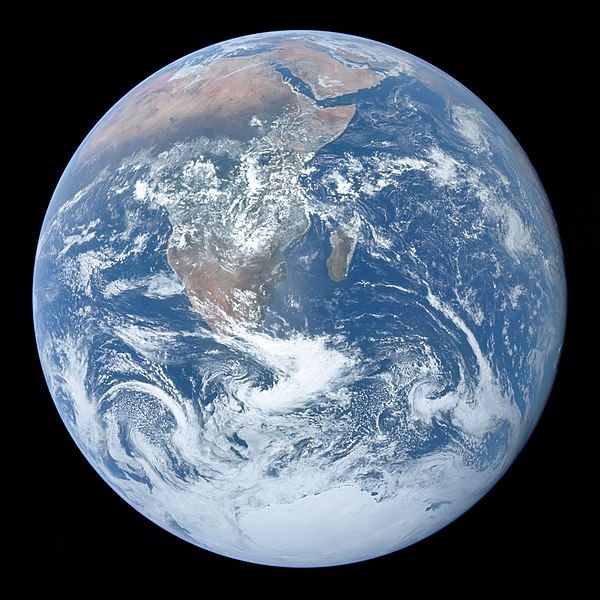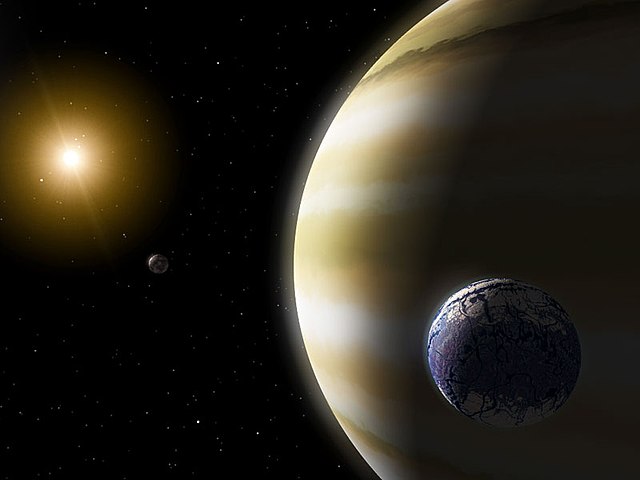Margaret Carol "Maggie" Turnbull is an American astronomer and astrobiologist. She received her PhD in Astronomy from the University of Arizona in 2004. Turnbull is an authority on star systems which may have habitable planets, solar twins and planetary habitability. She is also an expert on the use of the coronagraph in the direct detection of exoplanets.
At the Space Telescope Science Institute in 2016
Planetary habitability is the measure of a planet's or a natural satellite's potential to develop and maintain environments hospitable to life. Life may be generated directly on a planet or satellite endogenously or be transferred to it from another body, through a hypothetical process known as panspermia. Environments do not need to contain life to be considered habitable nor are accepted habitable zones (HZ) the only areas in which life might arise.
Understanding planetary habitability is partly an extrapolation of the conditions on Earth, as this is the only planet known to support life.
The moons of some gas giants could potentially be habitable.
An artist's impression of GJ 667 Cc, a potentially habitable planet orbiting a red dwarf constituent in a trinary star system




